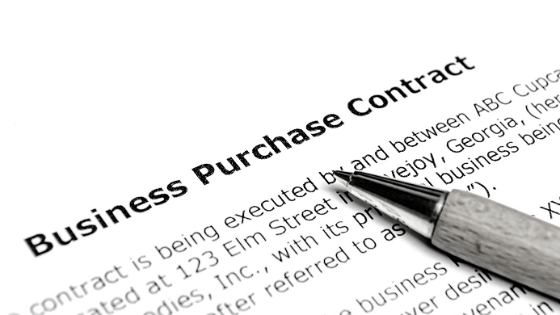As a Chartered Accountant, I have always loved numbers and puzzles. School subjects like technical drawing, woodwork, economics and maths saw me excelling. Following my tertiary studies, I took a position as a trainee accountant at CSIRO. Seeking more freedom in my role, I wanted to move into public practice but the economic climate at the time made it challenging. After some success and a few years working at various companies, I still found myself feeling dissatisfied.

The largely male-dominated workspace left little breathing room for anything but the cold, hard world of facts and figures and yet I could clearly see in my mind how beautifully precision and exactitudes accompany a warm and friendly approach to business. However, it was a near-impossible job to find me a position in this field that contains the “heart” I was looking for.
So, I created the vision I had in mind. I’ve won the Women in Finance Accountant of the Year Award and I regularly contribute to meaningful conversations about business. Here are some of the most important points I’ve discussed with my clients when they want to buy a business.
How to make your investment worthwhile
- Purchase the business and not the company – when you are purchasing a company you are taking on the whole of the company’s history. You don’t want to get stuck with any unpaid debts or fines where tax lodgements haven’t been kept up to date. By purchasing the business you avoid this.
- Do thorough research – Understand what it is that you are purchasing and be sure that you have everything you need to continue running the business. This sounds simple enough but Volkswagen purchased the Rolls Royce manufacturing facility and the right of using the RR radiator grille design and the Emily design. BMW had contracted years earlier to supply engines, electronics and powertrains for Rolls Royce. When Volkswagen didn’t buy the Rolls Royce logo and the rights to use the name Rolls Royce, BMW snapped it up and cancelled the contract to supply engines and components. What’s a Rolls Royce without the name and logo?
- Do your due diligence on the numbers – Ask to see copies of tax returns and financial statements for at least the last three years, are they representative of the figures included in the memorandum of sale? If the numbers in the tax returns and financial statements are less than what you have been told, then something is not right.
- Know your worth – A business is worth what someone is prepared to pay for it and what the seller is prepared to accept, HOWEVER, get an accountant experienced with business valuations to take a look. I had a young couple wanting to purchase a mechanics workshop come and see me about setting up a company. The asking price for the business was $80,000. They had bank approval for the $80,000 and were ready to enter into the transaction. As an aside I asked to take a look at the financials of the business and quickly established that the business was worth no more than the value of the assets being sold which was $40,000. I armed my clients with the necessary information to argue their case as to why it was worth half of the asking price and they were successful in only paying $40,000 for the business.
- Define the processes – Agree on the handover process and ensure that you will be given support from the owner to guarantee your success in the business.
- Spend money on getting a solicitor to draw up a contract for sale – Chances are the transition will go smoothly, but if it doesn’t a properly drafted sales contract will help quickly resolve any sticking points.
What to watch out for once the purchase is done
- HR – Put new employment contracts in place with your employees so that they understand that they are now employed by you and any entitlements to them only start accruing from the day you take over the business. You don’t want to get stuck paying out someone’s long service leave when you have only just taken over a business. A clause on employee entitlements should be included in the contract for sale.
- Create a great workplace culture – you don’t want to lose key staff to the business while you are still learning the ropes.
- Cultivating customer relationships – A change in business ownership can be a catalyst for customers to move on. Meet with key customers early to understand their needs and allay and concerns as the business transitions to your ownership. Meet your suppliers and start your working relationship off on the right foot.
How do you build momentum toward being glad you took that risk?
Being glad that you took the risk is making a success of your business. Each person’s meaning of success is different. It could be owning a business doing something that you love, having more flexibility over your days to spend time with your family, the personal satisfaction that you are making a difference or financial reward. Building momentum towards these things is about having a plan and taking deliberate steps each day that brings you closer to your vision of success.





















